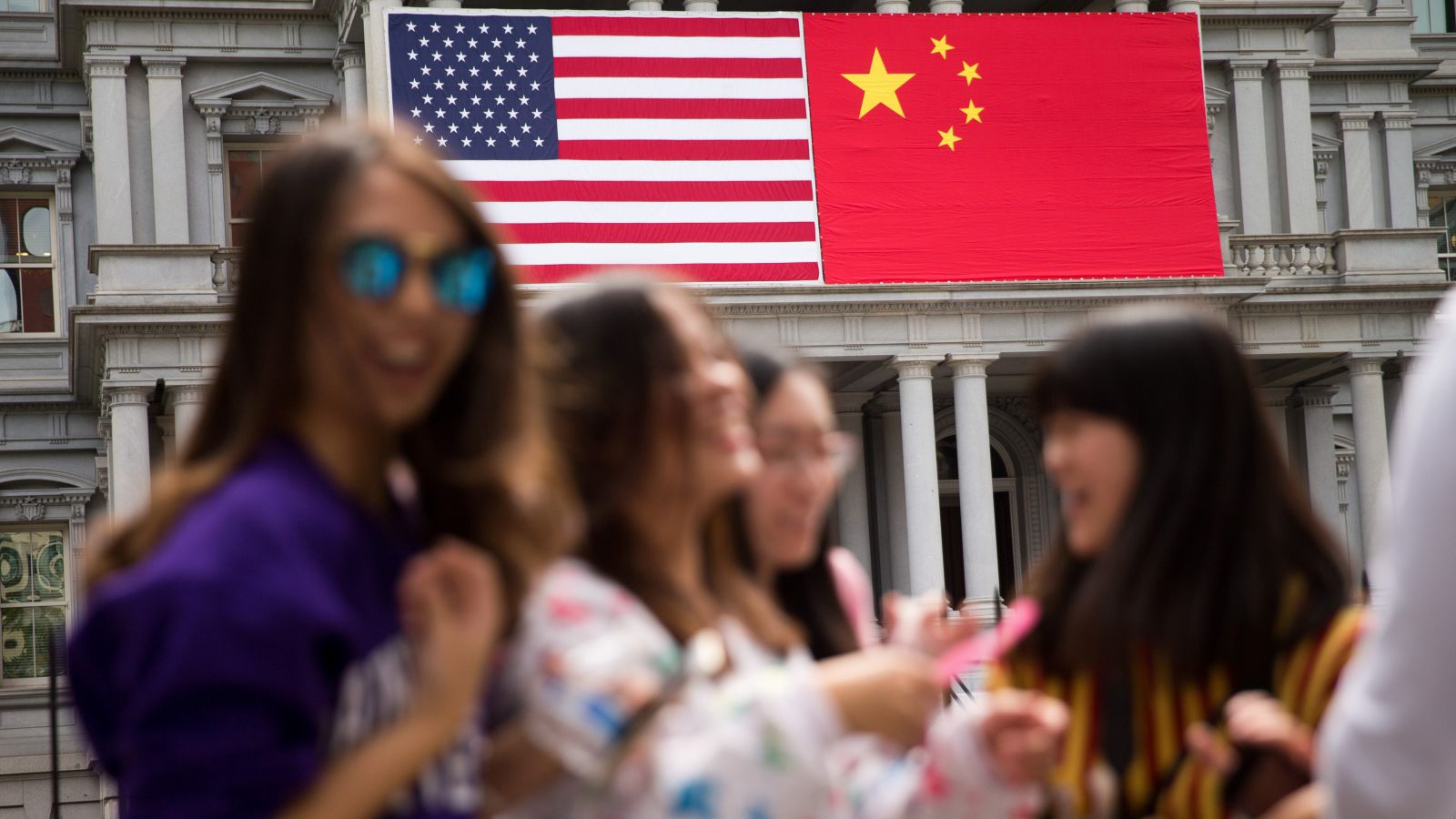Are meal-delivery services destroying the world? – China’s latest society and culture news
A summary of the top news in Chinese society and culture for September 20, 2017. Part of the daily The China Project newsletter, a convenient package of China’s business, political, and cultural news delivered to your inbox for free. Subscribe here.

“I see through the article’s tactic of writing a sensational headline and demonizing the whole industry of food delivery in an effort to get most clicks. Why don’t you write another article titled ‘Human breathing is destroying our children’s future,’ since we contribute to global warming every time we breathe?”
“Although the article has so many logic flaws, I kind of agree with the general idea behind it. I feel guilty when I am confronted with single-use plastic containers and utensils after I finish my food.”
These two comments (in Chinese) speak for two opposite views in response to a viral article (in Chinese) on Chinese social media titled “Meal-delivery services are destroying our children’s future,” and the ensuing debate stirred by it as to whether frequent users of food-delivery apps should be blamed for global warming.
Widely circulated on social media platform WeChat, the controversial article describes how young people in China usually spend their weekends. “They wake up after 12, open the food-delivery apps on their smartphones, and wait for their meals to come,” the author writes.
The article cites a recent report published by Ele.com, one of the country’s major internet food-delivery platforms, which indicates that China will be home to 600 million users of meal-delivery services by 2020. In other words, the article says, there are at least 400 million orders made each week, which roughly amounts to 400 million single-use containers, plastic bags, and utensils.
“Food-packaging waste is posing a dire threat to our existence,” the article warns, describing it as a destructive disaster that is under everyone’s radar as China is still busy grappling with its smog problem. “Every one of us should be responsible for protecting our planet,” the author appeals. “We should cook for ourselves or dine in instead of ordering takeout.”
The article garnered millions of views on social media, and also attracted a barrage of criticism. Some said it had merely adopted a style used in many viral articles — declaring it has discovered a shocking secret closely related to people’s daily lives without providing much scientific evidence or a feasible solution. Others said that the author was attempting to make people feel guilty to attract readers by linking the consumption behavior of ordinary Chinese with environmental disaster.
Some defended the article: “The environmental problems caused by meal-delivery services are worth our attention. We should treat it like a warning,” a professor from Beijing Normal University commented (in Chinese).
-
Chinese overseas
I married a beautiful Ukrainian woman and so can you / ChinaFile -
Pets
Photos: Exotic pet owners in Beijing / The Guardian -
LGBT
Hospital drops appeal in gay man’s involuntary treatment case / Sixth Tone -
Facial recognition
Shanghai police turn to facial recognition software to catch misbehaving cyclists / SCMP -
Architecture
Why a leaky old temple has the Chinese internet in an uproar / Sixth Tone -
Art
Where the wild things are: China’s art dreamers at the Guggenheim / NYT (paywall) -
Beijing
Popular beijing library closed over pirated books / Sixth Tone
The last days of a ‘village’ in China’s Silicon Valley / AFP -
Gaming
China’s smash-hit mobile game Honor of Kings is coming to Nintendo Switch / TechNode






